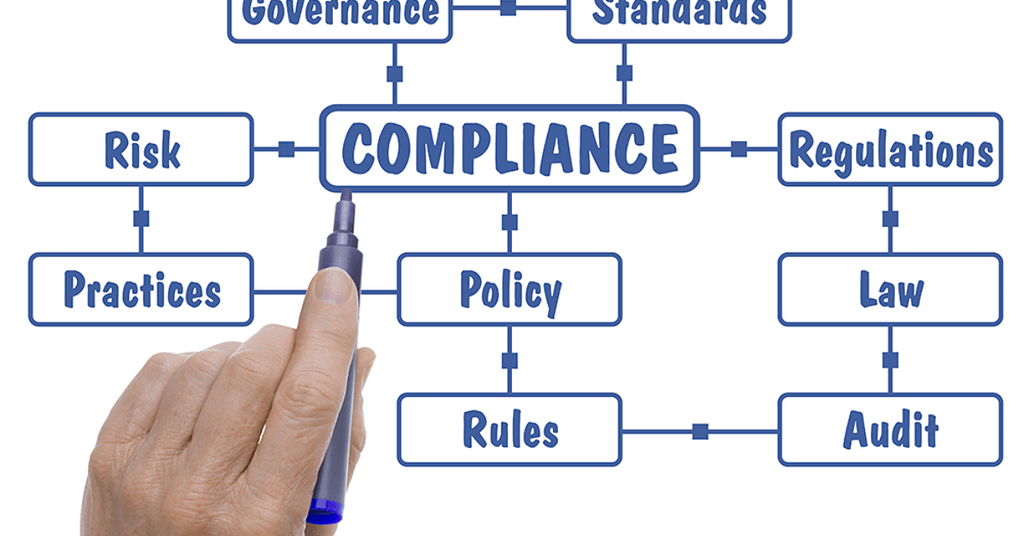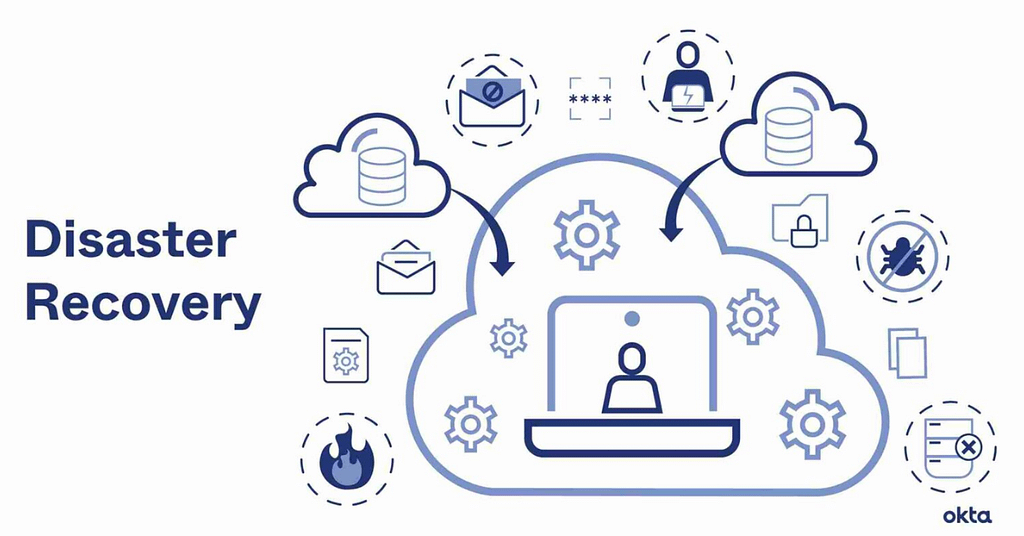In today’s digital-first world, IT infrastructure is the backbone of any successful business. However, many UK businesses, especially small and medium-sized enterprises (SMEs), often make critical IT mistakes that can lead to downtime, security breaches, and lost revenue. In this article, we’ll explore the 5 most common IT mistakes UK businesses make and provide actionable tips on how to avoid them. Whether you’re a startup or an established company, this guide will help you strengthen your IT strategy and ensure long-term success.
1. Neglecting Cybersecurity Measures

The Problem:
Cybersecurity threats are on the rise, and UK businesses are prime targets. According to a 2023 report by the UK government, 39% of businesses identified a cyber attack in the last 12 months. Despite this, many companies still underestimate the importance of robust cybersecurity measures.
How to Avoid It:
- Invest in Antivirus and Firewall Software: Ensure all devices are protected with up-to-date antivirus and firewall solutions.
- Train Employees: Conduct regular cybersecurity training to help staff recognize phishing emails and other threats.
- Implement Multi-Factor Authentication (MFA): Add an extra layer of security to your accounts.
- Regularly Update Software: Outdated software is a common entry point for hackers. Keep all systems patched and updated.
2. Failing to Back Up Data
The Problem:
Data loss can be catastrophic for any business. Whether it’s due to hardware failure, cyber attacks, or human error, losing critical data can result in significant downtime and financial losses. Shockingly, 58% of small businesses are not prepared for data loss.
How to Avoid It:
- Automate Backups: Use cloud-based backup solutions to automatically save your data at regular intervals.
- Follow the 3-2-1 Rule: Keep three copies of your data (one primary and two backups), store them on two different types of media, and keep one copy offsite.
- Test Your Backups: Regularly test your backups to ensure they can be restored quickly in case of an emergency.
3. Overlooking IT Compliance

The Problem:
Many UK businesses fail to comply with IT regulations such as the General Data Protection Regulation (GDPR) and the Data Protection Act 2018. Non-compliance can result in hefty fines and damage to your reputation.
How to Avoid It:
- Understand the Regulations: Familiarize yourself with the IT laws that apply to your industry.
- Conduct Regular Audits: Perform internal audits to ensure your IT practices align with legal requirements.
- Hire a Compliance Officer: If necessary, appoint a dedicated professional to oversee compliance efforts.
4. Ignoring Scalability in IT Infrastructure
The Problem:
As your business grows, so do your IT needs. Many UK businesses make the mistake of investing in IT systems that aren’t scalable, leading to inefficiencies and increased costs down the line.
How to Avoid It:
- Plan for Growth: Choose IT solutions that can easily scale with your business.
- Adopt Cloud Computing: Cloud-based services offer flexibility and scalability, allowing you to adjust resources as needed.
- Work with IT Experts: Partner with IT consultants who can help you design a future-proof infrastructure.
5. Not Having a Disaster Recovery Plan

The Problem:
Disasters, whether natural or man-made, can strike at any time. Without a disaster recovery plan, businesses risk prolonged downtime and significant financial losses.
How to Avoid It:
- Develop a Comprehensive Plan: Outline the steps your business will take to recover from various types of disasters.
- Identify Critical Systems: Prioritize the recovery of essential systems to minimize downtime.
- Regularly Update the Plan: Ensure your disaster recovery plan evolves with your business and technology.
Why Avoiding These IT Mistakes Matters
Avoiding these common IT mistakes is crucial for the success and sustainability of your business. By addressing these issues proactively, you can:
- Enhance Security: Protect your business from cyber threats and data breaches.
- Improve Efficiency: Streamline operations and reduce downtime.
- Save Money: Avoid costly fines, repairs, and lost revenue.
- Build Trust: Strengthen your reputation with customers and partners.
Frequently Asked Questions
1. What is the most common IT mistake UK businesses make?
The most common mistake is neglecting cybersecurity, which leaves businesses vulnerable to attacks.
2. How often should I back up my data?
Ideally, you should back up your data daily or in real-time, depending on the volume and importance of the data.
3. What is the cost of non-compliance with IT regulations?
Non-compliance can result in fines of up to £17.5 million or 4% of annual global turnover under GDPR.
4. How can I ensure my IT infrastructure is scalable?
Invest in cloud-based solutions and work with IT experts to design a flexible infrastructure.
5. What should a disaster recovery plan include?
A disaster recovery plan should include risk assessments, recovery objectives, and detailed steps for restoring operations.
Conclusion
IT mistakes can have serious consequences for UK businesses, but they are entirely avoidable with the right strategies in place. By prioritizing cybersecurity, backing up data, ensuring compliance, planning for scalability, and developing a disaster recovery plan, you can safeguard your business and set it up for long-term success.
Don’t wait until it’s too late—take action today to strengthen your IT infrastructure. If you need expert guidance, consider partnering with a trusted IT provider to help you navigate these challenges.
Alt Text for Images:
- “Cybersecurity measures for UK businesses”
- “Data backup solutions for SMEs”
- “IT compliance checklist for UK companies”
By following these guidelines, you’ll not only improve your IT practices but also boost your search engine rankings and attract more readers to your website.

